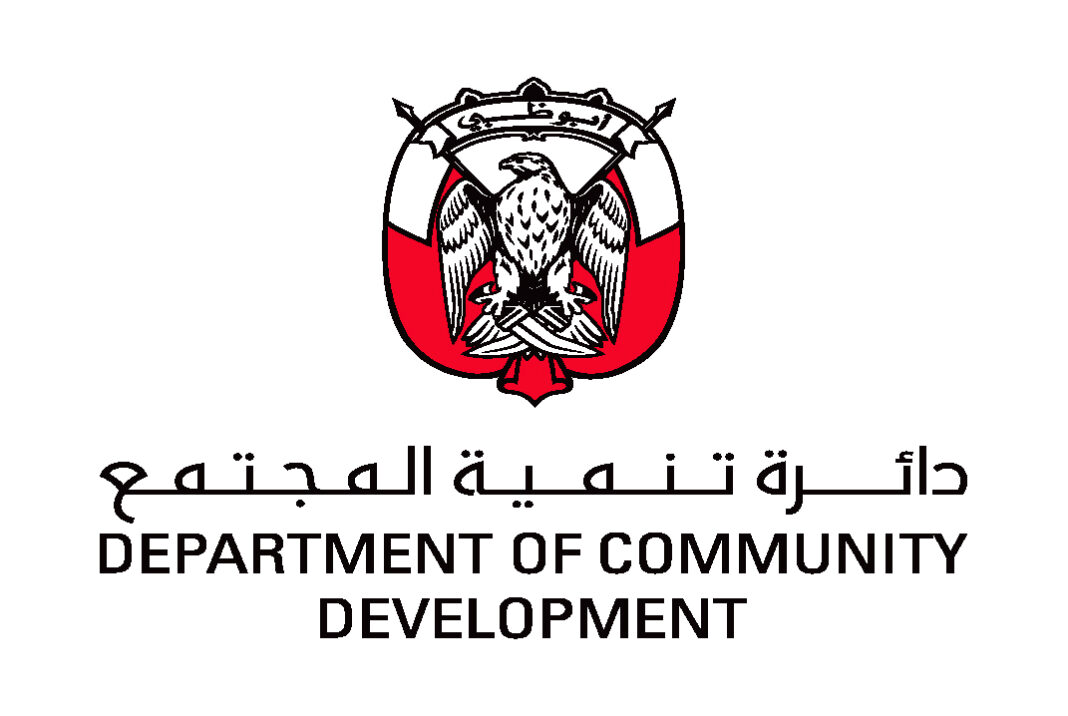Abu Dhabi: The Department of Community Development in Abu Dhabi held a self-assessment workshop for places of worship for non-Muslims in the Emirate of Abu Dhabi. It was licensed to non-Muslims in the emirate.
At the beginning of the meeting, representatives of places of worship in Abu Dhabi were welcomed, valuing their role in promoting the approach of tolerance in the emirate, especially since Abu Dhabi is an ideal model in embracing many nationalities and religions in an environment of safety, stability and harmony, appreciating the positive role of places of worship for their cooperation and interaction, in promoting the concepts of social responsibility.
During the meeting, the role of the Department of Community Development was emphasized in setting the legal framework regulating the establishment of places of worship for non-Muslims in Abu Dhabi, supervising their performance, and setting standards for licensing, inspection and auditing, based on Executive Council Resolution (61) of 2019 regarding the organization of places of worship for non-Muslims. And the importance of adherence to it.
An overview of the general framework for inspection was also provided, which is based on main pillars, the most important of which are confidentiality, transparency and the code of conduct, especially since the inspection is a set of procedures taken by inspectors to verify the extent to which regulated entities comply with applicable laws and regulations.
An overview of the four types of inspection was also presented, the first of which is the inspection before obtaining a license, which aims to assess the readiness of the entity subject to the audit to obtain the required license. As for the routine inspection, it is a reflection of the annual plan for inspection of the entities licensed by the Department, in order to assess the extent of compliance of these entities.
According to the laws and regulations in force. As for the sudden inspection, it is a sudden inspection, as it is not notified in advance. The fourth inspection, which is interactive, it is carried out based on monitoring processes or complaints.
The workshop also shed light on the self-assessment form, which is considered one of the most important outputs of the control and inspection framework which the Department of Community Development developed, as it is a guide for inspection procedures for entities under the umbrella of the organization and supervision of the Department of Community Development.
The self-assessment form contributes to achieving the compliance of the entities subject to the Department’s control with the laws and regulations in force, as these entities can evaluate themselves prior to the inspection process and verify their compliance with the obligations and responsibilities set by the laws and regulations.



